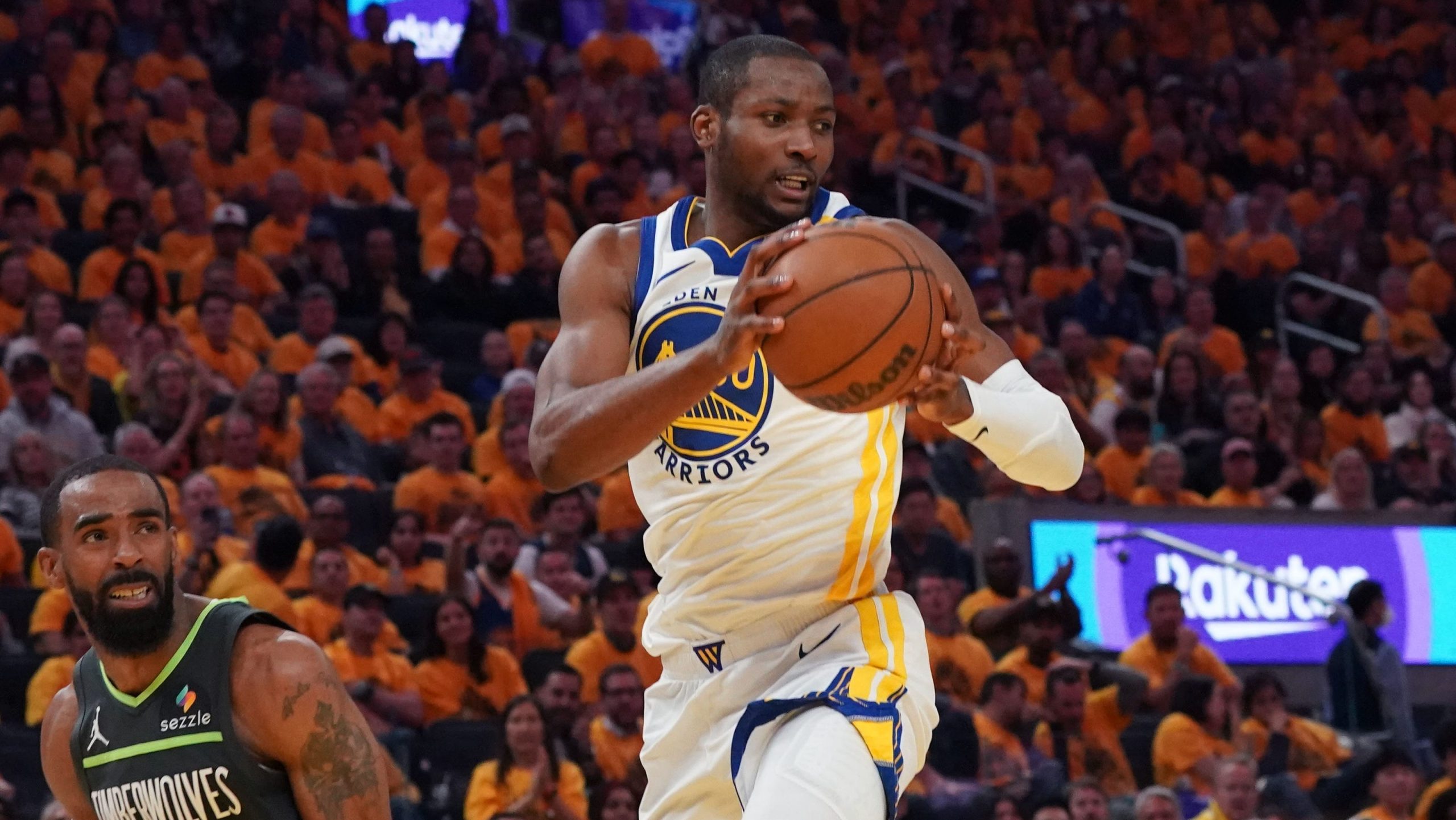Jonathan Kuminga, the explosive Golden State Warriors forward, has reportedly declined a new contract offer from the franchise, signaling a significant standoff centered on player control and future mobility. This rejection stems from Kuminga’s reluctance to waive a crucial aspect of the proposed deal: an inherent no-trade clause that would typically be pre-built into his contract under the current Collective Bargaining Agreement (CBA).
Under the terms of the NBA’s CBA, a “one-plus-one” contract, like the one offered to Kuminga, includes an implied no-trade clause. This provision is designed to grant the player a certain level of autonomy over their destination, particularly because their next team would not retain their Bird rights, a critical factor for long-term financial security and team building.
For Kuminga, accepting the Warriors’ two-year offer, especially while forfeiting these valuable trade veto rights, represents a perceived surrendering of too much control. Sources close to the situation suggest that Kuminga feels his career has been stunted and prolonged over his four seasons with the franchise, leading to his strong desire for greater agency moving forward.
The Golden State Warriors, however, have reportedly requested that Kuminga waive this implied no-trade clause. This move mirrors a precedent set by D’Angelo Russell, who similarly waived such a clause during his Lakers contract negotiations in the summer of 2023, indicating a strategic preference from the Warriors’ front office.
Kuminga’s current stance highlights a growing tension between player empowerment and team flexibility in the modern NBA landscape. His insistence on maintaining trade veto rights underscores a player’s desire to dictate their own professional trajectory, especially when they feel their development hasn’t aligned with expectations or promises.
Amidst these contract negotiations, Kuminga has also reportedly explored alternative opportunities, engaging in discussions with potential suitors such as the Phoenix Suns and Sacramento Kings. These conversations aimed to gauge what a prospective role might entail should a move out of the Bay Area become a viable option for the young forward.
Despite Kuminga’s strong position, the Golden State Warriors currently hold significant leverage in this saga. As a restricted free agent, any transaction involving Kuminga departing the team would necessarily occur through a sign-and-trade deal, requiring Golden State’s approval. According to reports, the Warriors have not yet been presented with any trade packages deemed enticing enough to facilitate such a move.
The situation between Kuminga and the Warriors appears to be nearing a critical juncture. Should the current stalemate persist, it is widely anticipated that the Warriors will adopt a more assertive negotiating stance. In such a scenario, Kuminga might opt to sign his qualifying offer, which would allow him to become an unrestricted free agent the following summer, giving him full control over his future destination.






Leave a Reply